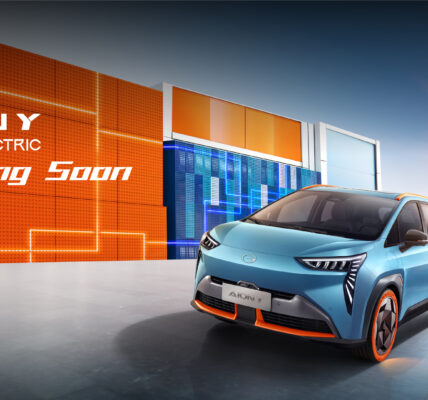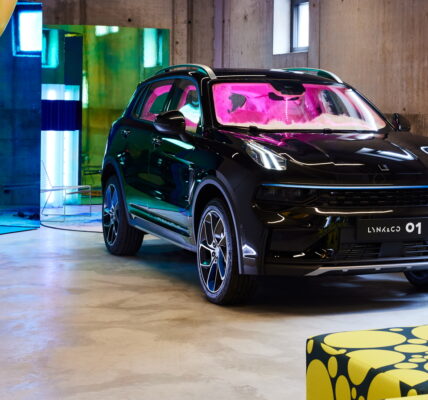BMW said on Monday that it would invest 600 million pounds, or about $750 million, to build electric versions of its popular Mini car models in Britain.
The German manufacturer’s move allays fears that the combination of Brexit and the shift to electric cars would pose a dire threat to automobile manufacturing in Britain, but questions over the sector’s long-term future remain.
BMW’s announcement is the third major piece of good news for Britain’s beleaguered car industry in recent months. Tata Group, the owner of Jaguar Land Rover, said in July that it would spend £4 billion to build a battery plant in western England.
And last week, Stellantis, the leading maker of commercial vans in Britain, began producing electric-powered vans at its plant near Liverpool, after a £100 million investment.
The British government used the promise of subsidies to clinch BMW’s investment, as it did to land Tata’s commitment to build the battery plant. BMW said its investment was “supported” by Britain’s government, but neither party provided details.
BMW said it would build two electric models at its factory in Oxford: a three-door Mini Cooper sedan and a small sport utility vehicle called the Mini Aceman.
There had been worries that BMW might shift all electric Mini production to China, but the move to continue producing the vehicles in Britain was not necessarily a surprise. With the future of the global car industry clouded by uncertainty over how the shift to electric vehicles will play out, analysts say it was logical to make what is a relatively modest investment by auto standards to keep making the cars in Britain for the next few years.
“To keep that plant running is a fairly sensible option,” said Peter Wells, an auto industry specialist at Cardiff University in Wales.
After all, the Mini is a brand closely associated with Britain, where it originated in the middle of the last century. That heritage is likely to help sales. Almost 46,000 Minis sold in Britain in 2022.
BMW has already shifted some production of electric Minis to China. It now says the Oxford plant will move completely to making electric vehicles by 2030.
Shutting down the 110-year-old Oxford factory, where an electric Mini is already being built alongside conventional models, and paying severance costs, would probably have been expensive. It also might have proved unpopular with potential customers.
“Mini has always been aware of its history,” Stefanie Wurst, the head of the brand for Mini, said in a statement.
Kemi Badenoch, Britain’s business and trade secretary, called BMW’s move “a big vote of confidence.”
BMW says it employs about 4,000 people at the Oxford factory and at a site that makes components in Swindon, England. Last year, 186,000 Minis were made in Britain, third in overall numbers of cars produced, after Nissan and Jaguar Land Rover.
BMW said that it would begin exporting the two new electric Mini models from China in 2024, as part of a joint venture it has with Great Wall Motor. Production of those models would not begin in Britain until 2026.
While the British car industry seems to have a stronger pulse than some analysts expected, recent investments largely represent moves by brands like Jaguar, Land Rover and Mini, which have strong associations with Britain. So far, Britain does not seem to be attracting investment from the likes of Tesla or Chinese vehicle makers.
The number of cars made each year in Britain roughly halved between 2015 and 2022. But for the first seven months of 2023, British car production was up 14 percent over the same period a year earlier.







